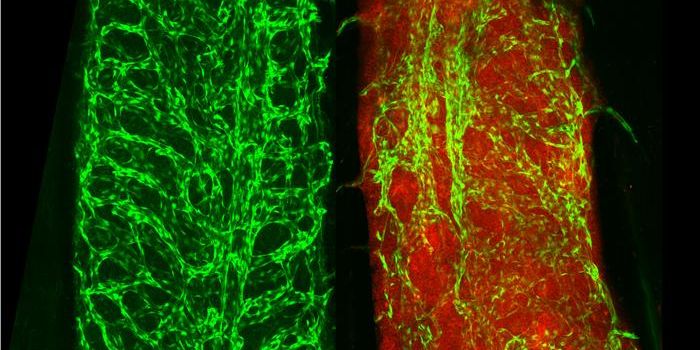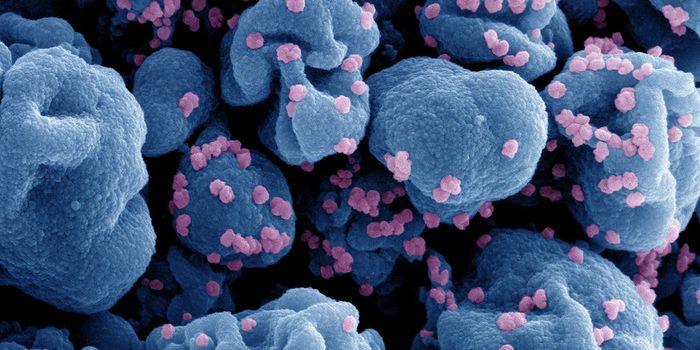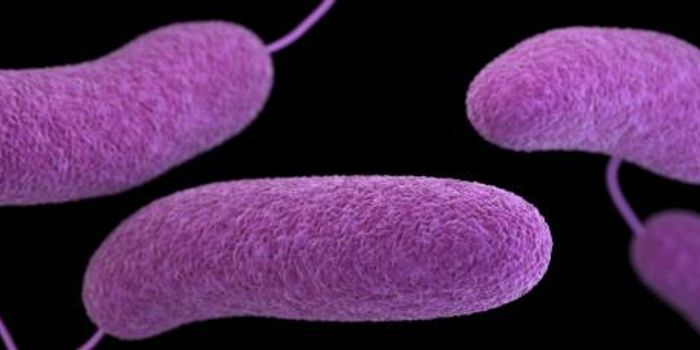Blood Proteins Could Predict Cancer Many Years Before Diagnosis
In two new studies from Oxford Population Health, scientists have discovered a variety of proteins that are found in the blood and can warn of the likelihood that cancer will arise in carriers, sometimes as many as seven years before it would be diagnosed. The reports have been published in Nature Communications. In this work, the researchers found 618 proteins that are associated with 19 different cancer types. This includes 107 proteins that were found in blood samples that had been collected seven years prior to the diagnosis of cancer. These proteins may be crucial to cancer's earliest stages, at a time when the worst outcomes could be prevented, maybe even the disease itself.
If these proteins are confirmed as diagnostic biomarkers, it could be a way to bring treatments to individuals at a crucial early time. This type of information might also become important to protect, so that people can maintain privacy when they learn about the risks that come with carrying proteins like these.
Proteomics tools were used in this research, which can analyze a large number of proteins present in some sample at one point in time. In this case, the samples were from the UK biobank, and included data from over 44,000 people, including almost 5,000 who were eventually diagnosed with a form of cancer.
In one report, the investigators used proteomics to assess 1,463 proteins in each blood sample, comparing those who were eventually diagnosed with cancer to those who were not. This revealed 182 proteins that are present in blood three years prior to a cancer diagnosis.
In the second report, the researchers analyzed genetic data from more than 300,000 cancer cases, looking for blood proteins that are associated with cancer development and might be targets for treatment. This revealed 40 proteins that could influence the risk of developing one of nine different types of cancer. Although the levels of some of these proteins might be increased or decreased to prevent cancer, altering some of these proteins leads to unwanted side effects.
More work will be necessary to determine which of these proteins are directly related to cancer development, which might be useful as predictive biomarkers, and which could be targets for treatment. Other information will be needed as well, such as how many of these proteins can be reliably detected in the clinic. However, the many proteins identified in this study present many new opportunities for cancer research.
"The genes we are born with, and the proteins made from them, are hugely influential in how cancer starts and grows," said the co-first author of one of the studies, Dr. Joshua Atkins, Senior Genomic Epidemiologist at Oxford Population Health. "Thanks to the thousands of people who gave blood samples to UK Biobank, we are building a much more comprehensive picture of how genes influence cancer development over many years."
"To be able to prevent cancer, we need to understand the factors driving the earliest stages of its development," noted a co-author of both studies, Professor Ruth Travis, Senior Molecular Epidemiologist at Oxford Population Health.
"Discoveries from this research are the crucial first step towards offering preventative therapies which is the ultimate route for giving people longer, better lives, free from the fear of cancer," noted Dr. Iain Foulkes, Executive Director of Research and Innovation at Cancer Research UK.
Sources: Cancer Research UK, Papier et al Nature Communications 2024, Smith-Byrne at al Nature Communications 2024









